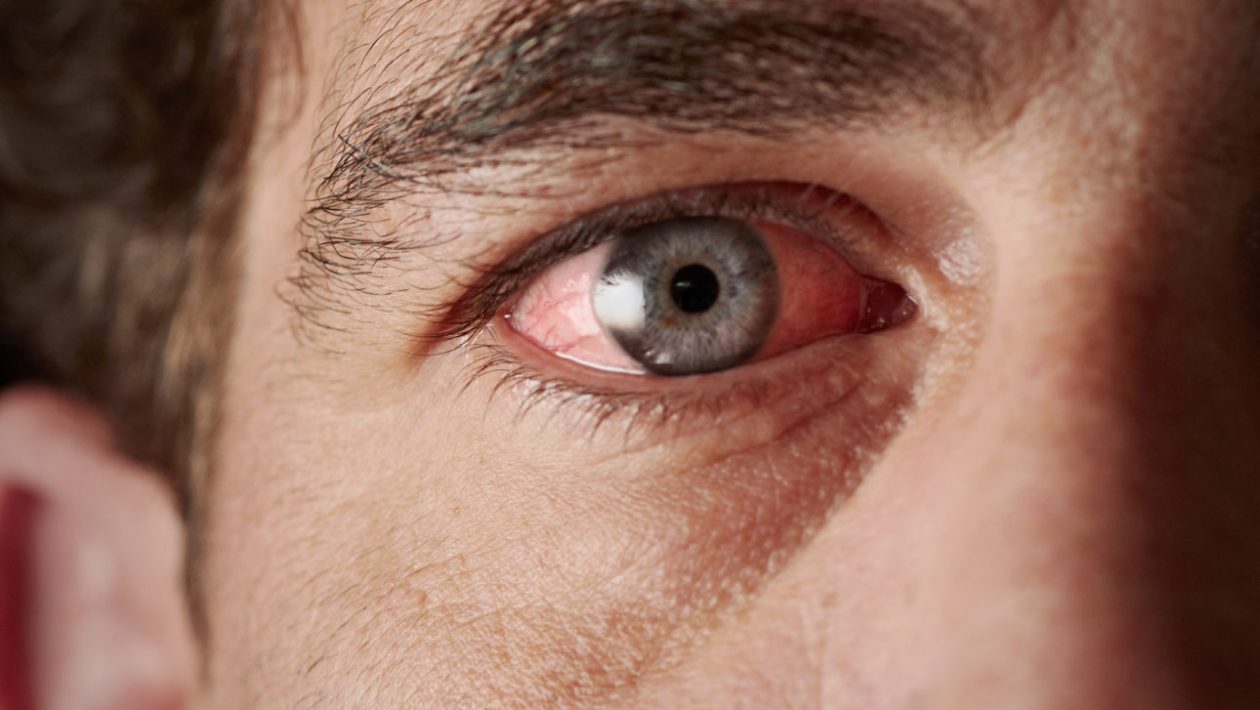Contact lenses have revolutionized the way we correct vision, offering an unobtrusive and convenient alternative to glasses. However, they are not without their drawbacks, and one common issue many contact lens wearers face is discomfort and dry eyes. Regardless if you buy expensive or cheap contacts, you might experience these. This article aims to provide an in-depth understanding of this problem and offer practical solutions to manage it effectively.
Table of Contents
Understanding Contact Lens Discomfort and Dry Eyes
Contact lens discomfort, often associated with dry eyes, is a widespread condition affecting many lens wearers. The discomfort can manifest in a variety of symptoms, including a gritty or burning sensation, redness, itchiness, blurred vision, and a feeling of something stuck in the eye.
The underlying cause of this discomfort often boils down to inadequate tear film—the thin layer of liquid that coats the surface of our eyes. The tear film serves to keep the eyes lubricated, provide nutrients, and create a smooth refractive surface for light entering the eye. Contact lenses can disrupt the tear film’s stability, leading to increased tear evaporation and subsequently, dry eyes.
Factors Contributing to Contact Lens Discomfort
Several factors contribute to contact lens discomfort, including lens material, wearing schedule, lens care habits, and environmental conditions.
Lens Material: Some materials are more prone to cause dryness and discomfort, particularly traditional hydrogel lenses. In contrast, silicone hydrogel lenses allow more oxygen to reach the eye and retain moisture better, leading to increased comfort.
Wearing Schedule: Over-wearing lenses or not adhering to the recommended replacement schedule can cause protein and lipid deposits on the lens, resulting in discomfort and dryness.
Lens Care Habits: Inadequate cleaning can lead to lens contamination, causing discomfort. Also, some cleaning solutions may not be compatible with specific lens materials or the wearer’s eyes, causing irritation.
Environmental Conditions: Dry climates, air-conditioned environments, or extensive screen usage can exacerbate eye dryness, leading to increased discomfort for contact lens wearers.
Managing Contact Lens Discomfort and Dry Eyes
Fortunately, there are several strategies that contact lens wearers can employ to alleviate discomfort and dry eyes.
Commit to Your Lens Replacement Schedule: It’s imperative to strictly adhere to the lens replacement schedule prescribed by your optometrist. Prolonged use of the same pair of lenses can cause build-up and increase the chances of dryness and discomfort. Regular lens replacement is a key preventative measure.
Enhance Your Lens Care Practices: Maintain optimal lens hygiene by ensuring your contact lenses are meticulously cleaned and disinfected. If discomfort continues, it may be worthwhile to reassess your cleaning solution or even consider switching to daily disposable lenses. This change eliminates the need for a daily cleaning routine and lowers the chance of lens contamination.
Utilize Lubricating Eye Drops: Managing dry eyes can be significantly improved by using over-the-counter lubricating eye drops, commonly known as artificial tears. They provide a supplementary layer to your natural tear film, alleviating dryness. However, verify that the drops are contact lens-friendly before use to avoid potential adverse reactions.
Incorporate Regular Breaks: In today’s digital world, many activities demand intense visual focus. Whether you’re working on a computer or scrolling through your phone, ensure you give your eyes regular rest periods. Follow the 20-20-20 rule: every 20 minutes, divert your gaze to an object 20 feet away for 20 seconds. This simple habit can help reduce eye strain and discomfort.
Prioritize Hydration: Dehydration is an often overlooked contributor to dry eyes. Maintaining an adequate fluid intake is vital not only for your overall health but also for the well-being of your eyes. Drinking ample amounts of water throughout the day can aid in maintaining eye moisture and minimizing contact lens discomfort.While contact lens discomfort and dry eyes can be a nuisance, understanding the root causes and implementing effective management strategies can significantly alleviate these issues. In all cases, if discomfort persists despite these measures, it is crucial to consult an eye care professional to ensure there are no underlying issues that need to be addressed. With the right approach, one can continue to enjoy the benefits of contact lenses without sacrificing comfort and eye health.

